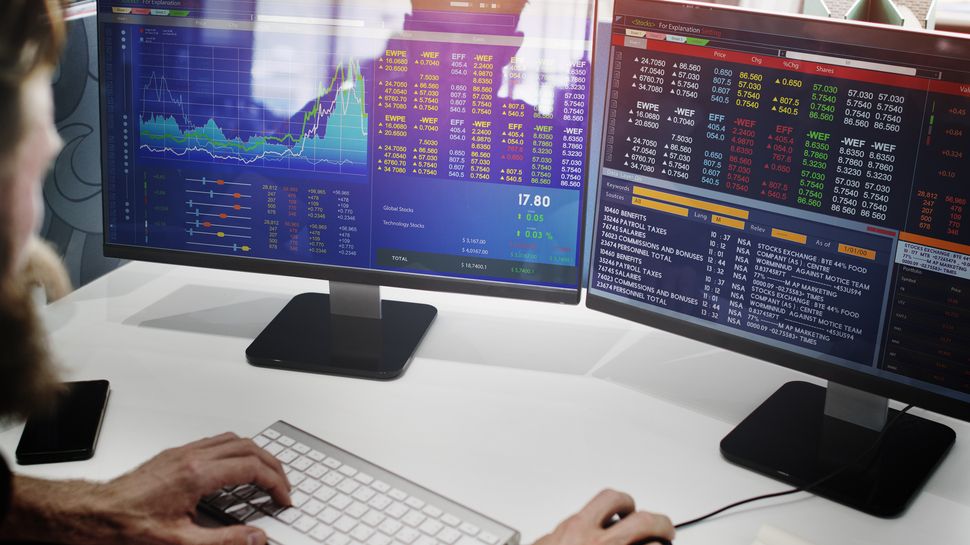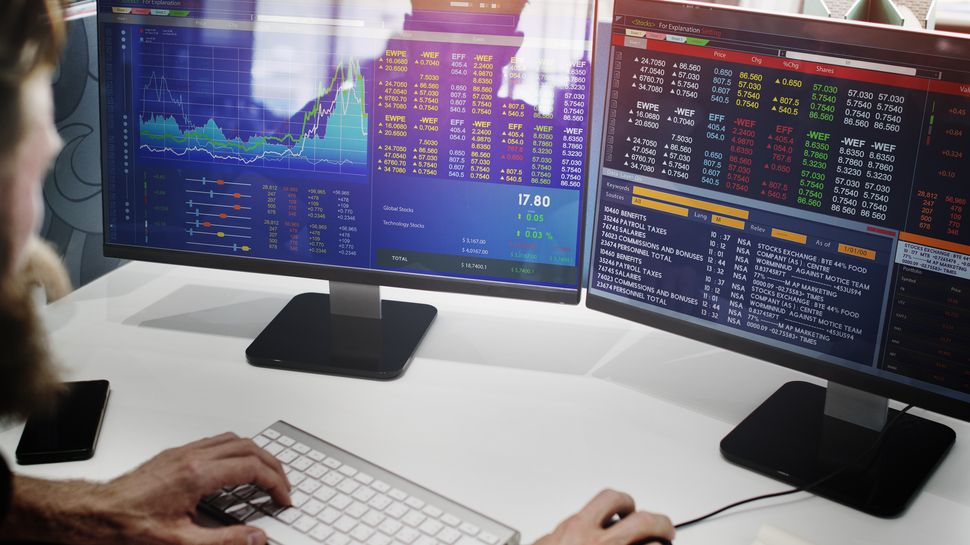
Vlad Tenev, chief executive of embattled stock trading platform Robinhood, has denied claims the decision to place limits on the trading of GameStop and other stocks was influenced by institutional investors.
Asked by Elon Musk in an interview this morning whether large financial institutions, such as Citadel Securities, had conspired with regulators to squash the coordinated short squeeze, Tenev was quick to dismiss the idea.
“You’re getting into conspiracy theories a little bit,” he said. “From our perspective, Citadel and other market makers weren’t involved in that.”
Tenev also announced Robinhood will relax trading restrictions on GameStop stock, which the company had put in place last week in light of “market volatility”, sparking speculation of a further buying frenzy when US markets open.
Robinhood trading restrictions
Last week, US-based video games retailer GameStop found itself at the center of a trading frenzy, driving the stock up to a record price of more than $450 per share.
The market mania was fuelled by a community of amateur traders on the r/WallStreetBets subreddit, whose goal is to drive up the price of the stock to apply pressure on short sellers, who had bet against the companies.
As one of a handful of stock trading apps designed specifically for individual traders, Robinhood was faced with a tsunami of traffic and even suffered a service blackout.
The platform later announced it would suspend the trading of stocks targeted by redditors – which also included BlackBerry, Nokia, AMC and others – after clearing firms demanded an injection of capital to offset the surge in transactions. Users were able to sell existing holdings, but could not purchase further shares.
The move sparked outrage among day traders and robbed the short squeeze of its momentum, causing GameStop stock price to retreat more than 40%. The stock sat at $325 per share when markets closed on Friday.
In the aftermath, a class action lawsuit was launched against Robinhood, which has been accused of attempting to “manipulate the market for the benefit of people and financial institutions who were not Robinhood customers”.
In a bid to right the ship and end speculation over the incident, the company has raised an emergency $1 billion funding round from existing investors and has since removed restrictions from a number of the affected stocks.
According to a Robinhood blog post, the number of restricted shares has now fallen from 50 down to 8. The shares that remain restricted are: GameStop, BlackBerry, Nokia, AMC, Express, Genius Brands International, Koss and Naked.
The website lists a maximum number of shares and options contracts users can currently purchase, which differs for each restricted stock.
While the company has pledged to relax these limitations imminently, Tenev was careful to point out that trading will not be totally delimited. “We don’t have infinite capital. There is always going to have to be some limit.”
Via The Telegraph
